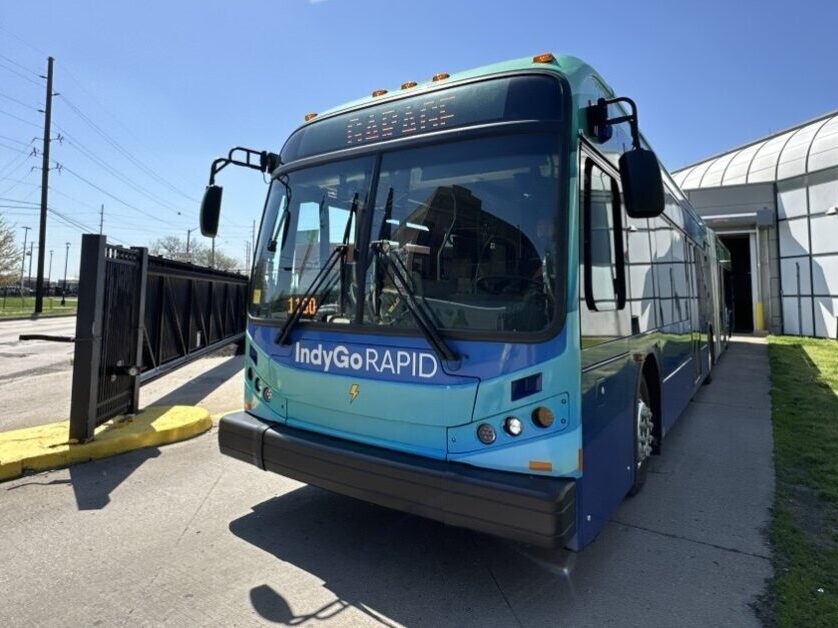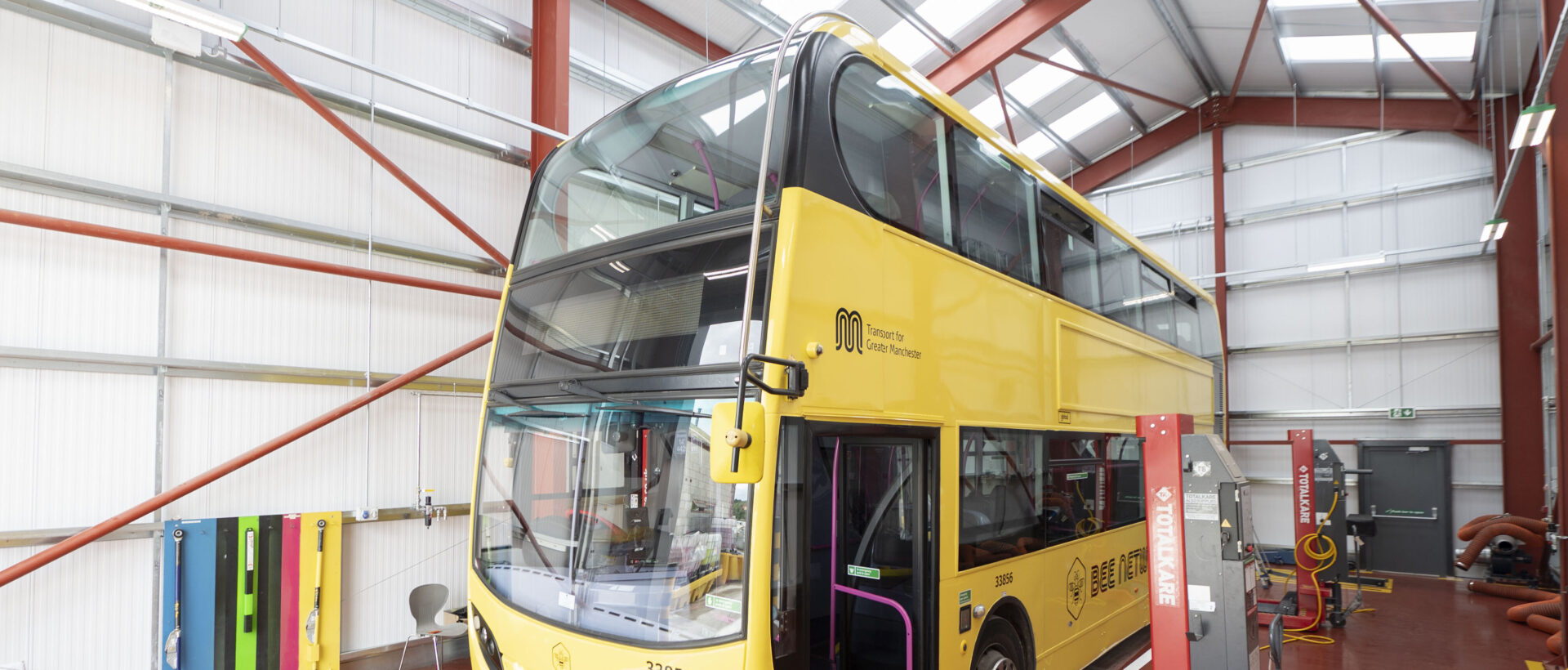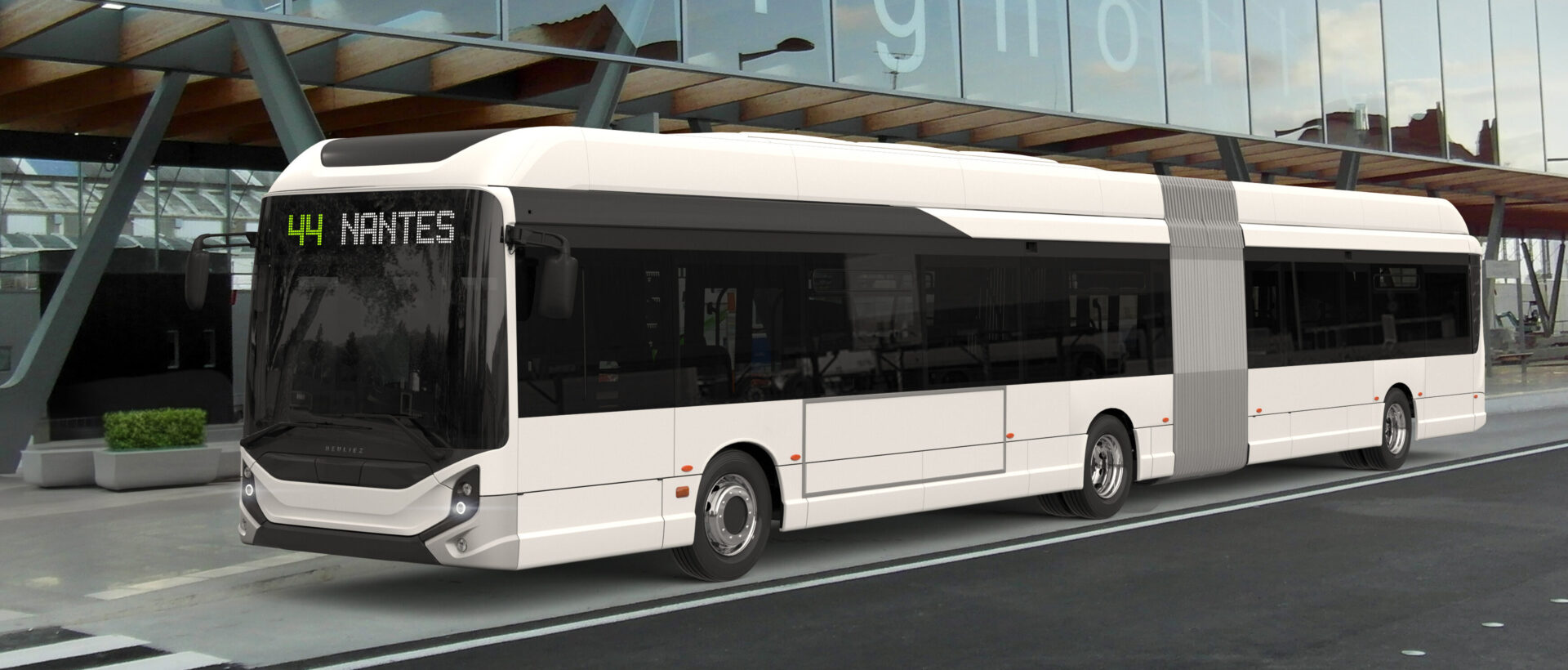Baroness Kramer, the Minister of State for Transport, officially launched an all-electric bus route that will test whether electric buses can perform on a par with their diesel counterparts in a real-world operational environment. The buses will run for five years in a carefully monitored demonstration programme, which will objectively assess their technical and commercial viability.
Eight electric buses will take over a route that even diesel buses find demanding: running 17 hours a day, seven days a week, with each bus covering over 56,000 miles per year.
However, the Milton Keynes buses have a special technological advantage to help them meet the rigours of their route: wireless charging.
Instead of plugging into the mains, the new buses will be able to recharge their batteries wirelessly during their working day. This means they can run a continuous service for a whole 17 hours, just like a diesel bus. The concept is simple: wireless charging plates set into the road transfer power directly to receiving plates underneath the bus, using a technique based on the principles of electrical induction. In just 10 minutes, a bus parked over a charging point will replenish two-thirds of the energy consumed on its 15-mile route.
Only two wireless charging points are needed to service all eight buses, which will charge in the time scheduled for driver breaks.




